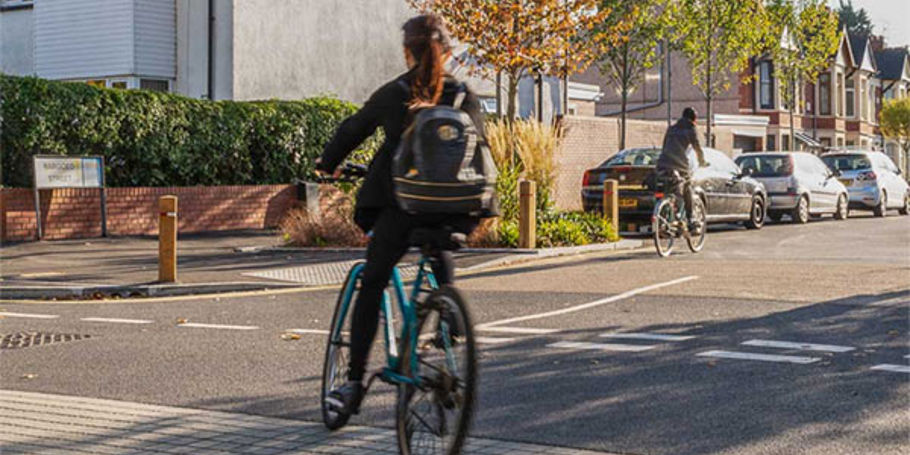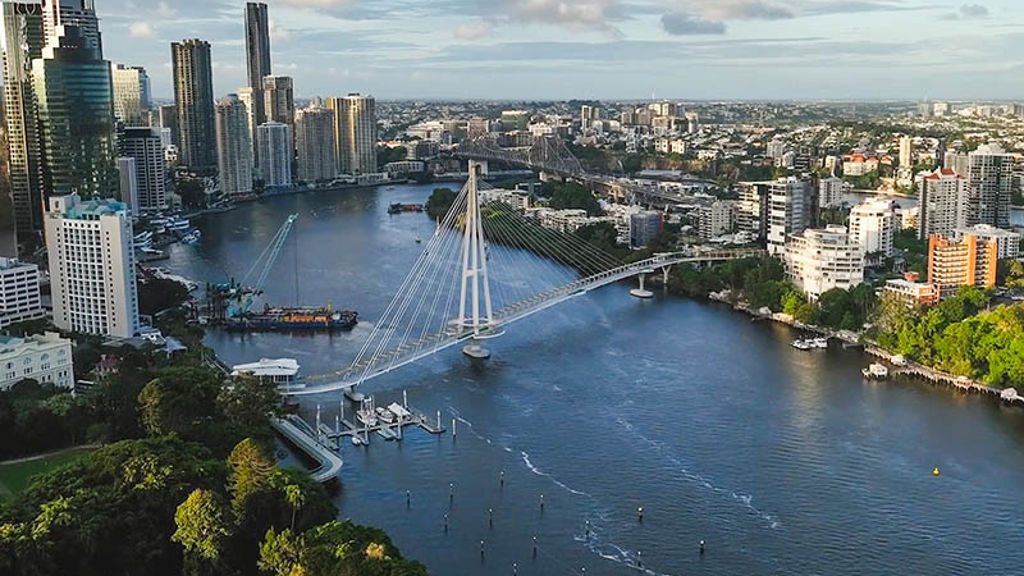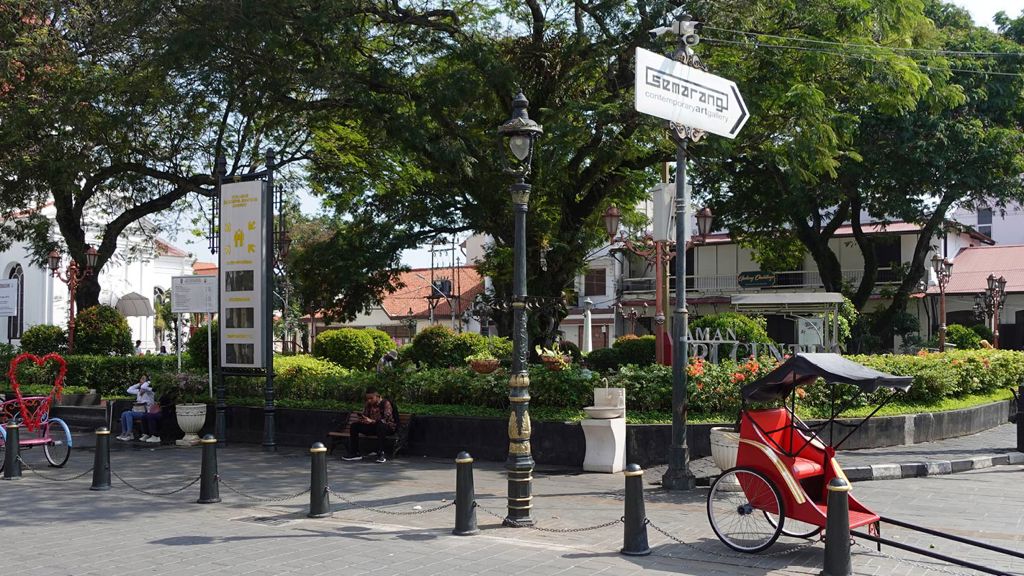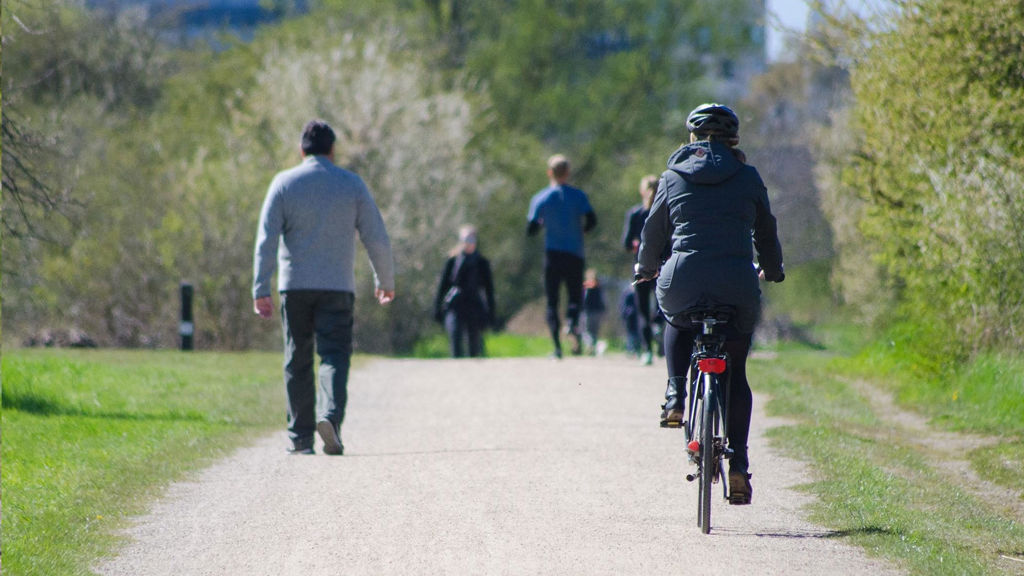Population growth in Ankara is forecast to reach approximately eight million by 2040, Türkiye’s capital city has been seeking ways to improve mobility for its growing population. Ankara’s streetscapes are dominated by cars, with heavy traffic volume, poor air quality and clogging of residential streets. These car dependent urban environments can exacerbate the social exclusion of low-income households and other at-risk groups, hampering access to jobs and opportunities. Providing a safe, convenient and active alternative means of transport is essential for Ankara to thrive as it grows. As other cities across Europe and Asia have shown, encouraging cycling is a great solution.
As part of the UK FCDO’s Global Future Cities Programme, Arup has been working with Ankara Metropolitan Municipality (AMM) to create a citywide integrated cycle network that connects with public transport modes. The Global Future Cities Programme involves targeted interventions focused on transport, urban planning and resilience over a 24-month period across Ankara, Istanbul and Bursa.
Our team of transport planners and traffic engineers worked with AMM to design a coherent network of bicycle routes for the masterplan, while our change management consultants advised on engagement and behavioural change. We approach the design inclusively to promote the bicycle as an accessible transport mode for everyone, including the elderly, children and people with disabilities. At a broader level, we worked with the programme’s strategic partner UN-Habitat and AMM to align performance criteria with the UN Sustainable Development Goals (SDGs), adopting a partnership approach to create a more inclusive urban realm.
Listening to people and data
Ankara’s new cycle masterplan provides a framework for the creation of a cycling culture in the city, in an approach driven by data but focused first and foremost on residents. Designing safe cycling infrastructure, increasing the availability of bicycles to all residents and improving people’s awareness and skills are all essential to encourage people to switch from personal car use to adopt this more sustainable transport mode, regardless of their age or social status.
To shape the cycle masterplan, we surveyed approximately 10,000 residents on their transport habits and held focus groups with representatives from Ankara’s district municipalities, academics, non-governmental organisations and cycling groups. Our transport planners used a Geographic Information System (GIS) to create web maps of the proposed cycle routes, enabling analysis of plans at a citywide scale as well as more detailed representations of neighbourhood cycle paths. Using web maps during meetings and workshops with AMM established a dialogue and ensured that neighbourhood connections and local access to services would be enhanced by the scheme.
Active travel should work for everyone, so in our approach we prioritised the needs of under-represented groups when developing the masterplan. Measures such as providing cycle training and bicycle-sharing schemes in affected areas will facilitate access to services, education and job opportunities, allowing everyone to play a more active role in the life of Ankara.
The value of modal switch
Through its many health benefits, traffic and emission reduction impacts and the improved air quality outcomes, cycling can positively impact a city’s quality of life. The new, comprehensive cycling network strengthens the population’s quality of life and resilience by providing affordable, healthy means of transport.
However, the success of a cycle masterplan hinges on social support for the measure, public enthusiasm and adoption, and the achievement of a widespread modal switch away from private cars. Our communications and change management consultants worked closely with AMM, advising on ways to promote cycling and garner public support for the scheme.
To ensure the success of a cycle masterplan, cycle paths have to be integrated into a city’s wider mobility network. Our transport planners worked with AMM to develop a plan that integrates the proposed cycling infrastructure with public transport. Providing easy access to stations and stops and ample bicycle parking facilities at transfer centres will enable cycling to become part of a multimodal public transport system. The switch from cars towards cycling for journeys to and from stations should help improve the overall network, with reduced traffic volumes improving the speed and reliability of public transport.
The cycle masterplan will guide AMM and the district municipalities as they roll out a number of cycling initiatives, starting with the design of a pilot scheme. During its 20-year lifespan, the cycle masterplan is intended to complement other planning efforts in Ankara, including other development plans and masterplans, creating a more sustainable, resilient urban environment that offers greater quality of life for all residents. Following the sign-off of the masterplan and pilot scheme design, the local authority is now engaged in the phased implementation of the network.







